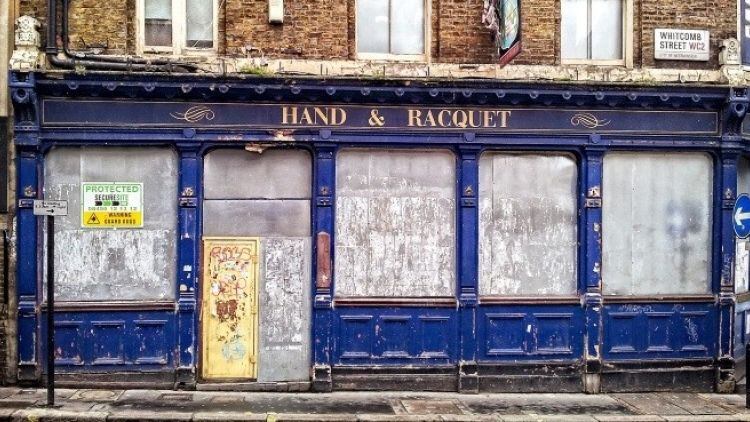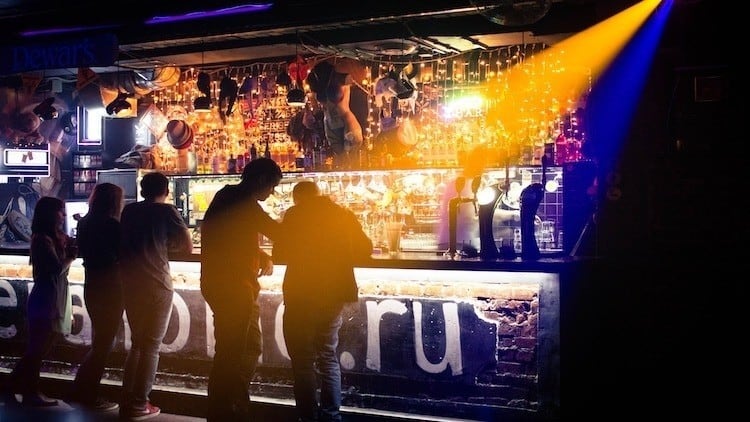According to the new Night-Time Economy Market Monitor, Liverpool had 427 evening venues as of December 2024 - 3.9% more than in March 2020.
The Night-Time Industries Association (NTIA) and CGA by NIQ have launched the quarterly series in a bid to shine a light on the night-time sector.
While London was the city with the highest number of evening venues, it saw a drop of 8.9% from March 2020 to December 2024.
However, in the 12 months to December 2024, there was a slight uptick in numbers (3.8% rise).
Britain’s top 15 night-time cities (ranked by number of evening venues as of December 2024)
| City | Sites at March 2020 | Sites at Dec 2020 | Sites at Dec 2024 | Change in sites, De 2024 v March 2020 | Change in sites, Dec 2024 v Dec 2023 |
|---|---|---|---|---|---|
| London | 2,875 | 2,523 | 2,620 | -8.9% | +3.8% |
| Liverpool | 411 | 396 | 427 | +3.9% | +7.8% |
| Manchester | 422 | 388 | 396 | -6.2% | +2.1% |
| Glasgow | 375 | 335 | 351 | -6.4% | +4.8% |
| Edinburgh | 341 | 311 | 328 | -3.8% | +5.5% |
| Leeds | 304 | 275 | 286 | -5.9% | +4% |
| Birmingham | 315 | 276 | 279 | -11.4% | +1.1% |
| Bristol | 272 | 252 | 258 | -5.1% | +2.4% |
| Nottingham | 259 | 219 | 229 | -11.6% | +4.6% |
| Newcastle | 203 | 193 | 207 | +2% | +7.3% |
| Sheffield | 170 | 157 | 175 | +2.9% | +11.5% |
| Brighton | 174 | 163 | 167 | -4% | +2.5% |
| Cardiff | 150 | 139 | 143 | -4.7% | +2.9% |
| Salford | 113 | 113 | 120 | +6.2% | +6.2% |
| Oxford | 121 | 110 | 110 | -9.1% | 0% |
Data also showed as of December 2024, Britain had 2,264 nightclubs, late-night bars and casinos - 2.8% fewer than at the end of 2023 and more than a quarter (25.2%) down on pre-Covid levels in March 2020.
Nightclubs have been the biggest victim with site numbers dropping by around a third (33.2%).
NTIA CEO Michael Kill said: “The findings of this report clearly illustrate the immense challenges our sector continues to face.
“While the night-time economy remains a £153.91bn powerhouse, we cannot ignore the fact growth is slowing and operating costs are rising at unsustainable levels.
“Many businesses, especially small to medium enterprises and the cultural sectors, are struggling to maintain profitability despite consumer demand.
“Adding to these concerns is the uncertainty presented by the impending tax increase cliff edge, the rise in national insurance contributions for employers, the increase in the national living wage and the reduction in business rates relief.
“With no sign of a U-turn on these critical policy changes, the financial burden on businesses is set to increase further, threatening jobs and livelihoods across the sector.”
Sector value
The value of the night-time economy can not be overstated due to the financial throughput it generates as well as the cultural richness it brings to consumers' lives, according to CGA by NIQ senior insight consultant Reuben Pullan.
“However, the industry is under threat. The Covid crisis and relentless pressure on costs have created enormous challenges for hospitality businesses in the past five years, and late-night clubs and bars have been hit hardest of all,” Pullan added.
“However, many other segments have been remarkably resilient and the growth in new types of venues like competitive socialising bars shows the evening economy isn’t disappearing - it’s just changing.
“With the right support from the Government, night-time businesses can power not just hospitality but Britain’s economic growth and job creation.”





